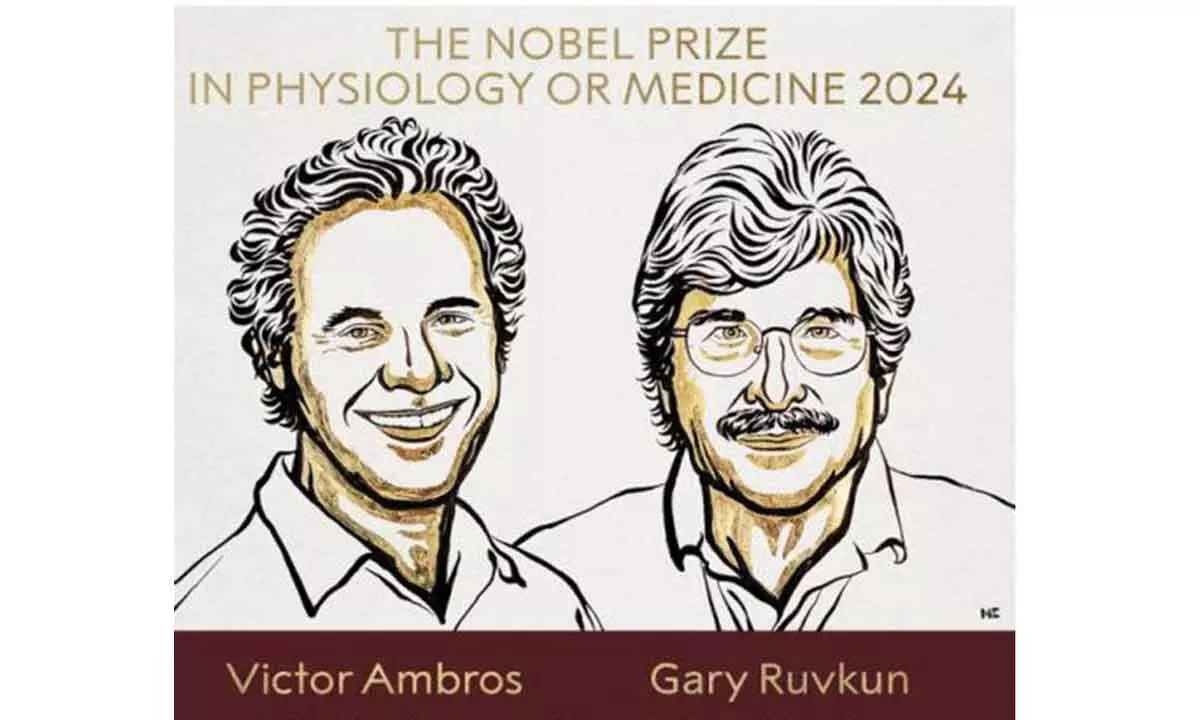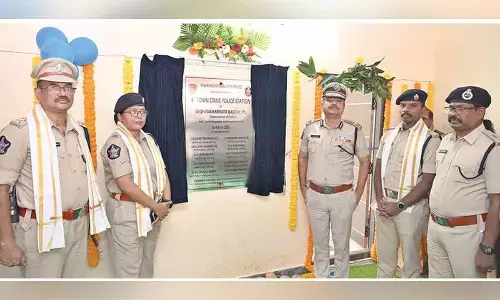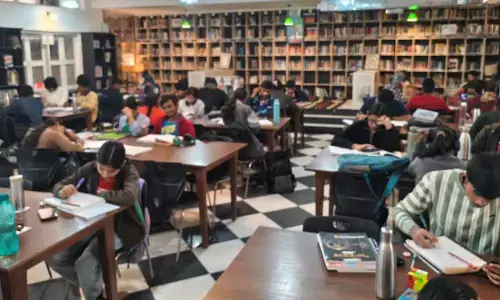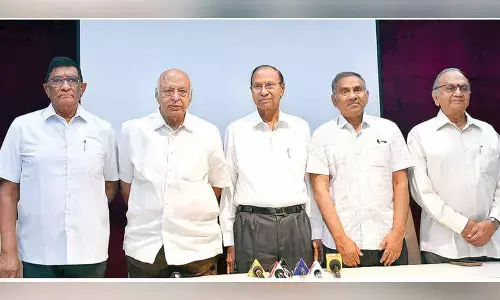Nobel in medicine to US duo for discovery of microRNA

'Their groundbreaking discovery revealed a completely new principle of gene regulation that turned out to be essential for multicellular organisms, including humans'
Stockholm : The Nobel Prize in physiology or medicine was awarded Monday to Americans Victor Ambros and Gary Ruvkun for their discovery of microRNA, tiny pieces of genetic material that alter how genes work at the cellular level and could lead to new ways of treating cancer.
The Nobel Assembly at the Karolinska Institute, which awarded the prize, said the duo's discovery is “proving to be fundamentally important for how organisms develop and function".
“Their groundbreaking discovery revealed a completely new principle of gene regulation that turned out to be essential for multicellular organisms, including humans,” the assembly said in a statement explaining the importance of their work. Ambros performed the research that led to his prize at Harvard University. He is currently a professor of natural science at the University of Massachusetts Medical School. Ruvkun's research was performed at Massachusetts General Hospital and the Harvard Medical School, where he's a professor of genetics, said Thomas Perlmann, Secretary-General of the Nobel Committee.
Perlmann said he spoke to Ruvkun by phone shortly before the announcement. “It took a long time before he came to the phone and sounded very tired, but he quite rapidly was quite excited and happy, when he understood what it was all about,” Perlmann said.
Ambros and Ruvkun, the assembly explained, were initially interested in genes that control the timing of different genetic developments, ensuring that cell types develop at the right time. To do that, they studied two mutant strains of worms commonly used as research models in science. The two scientists set out to identify the mutated genes responsible for these worms and what their role was.
The mechanism they ultimately identified — the regulation of genes by microRNA — has allowed organisms to evolve for hundreds of millions of years. The Nobel committee said Ambros and Ruvkun's discovery ultimately “revealed a new dimension to gene regulation, essential for all complex life forms”. MicroRNA have opened up scientists' approaches to treating diseases like cancer by helping to regulate how genes work at the cellular level, according to Dr Claire Fletcher, a lecturer in molecular oncology at Imperial College London.

















